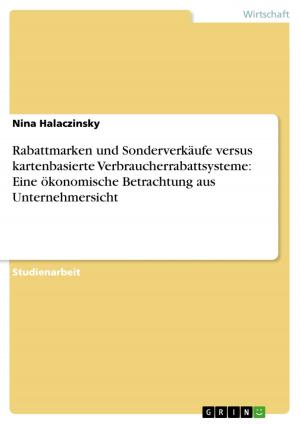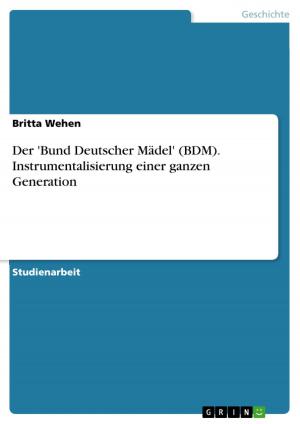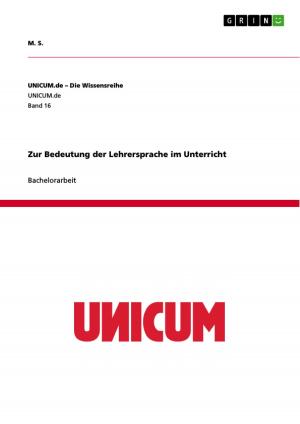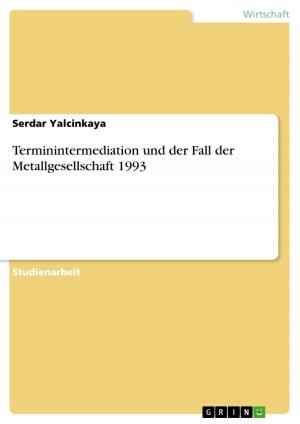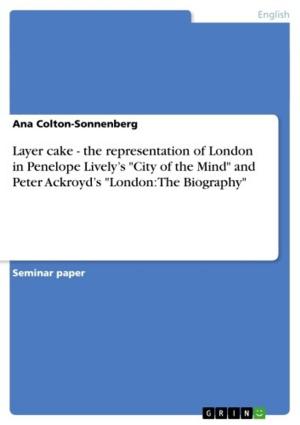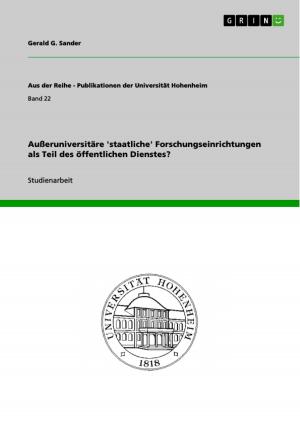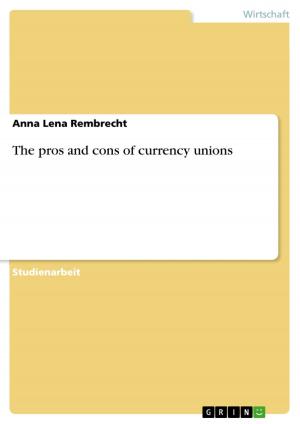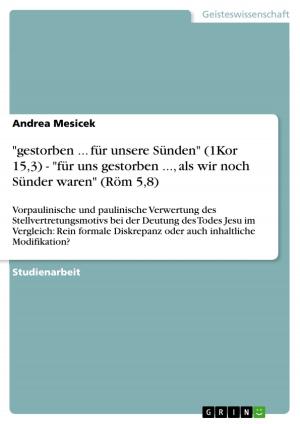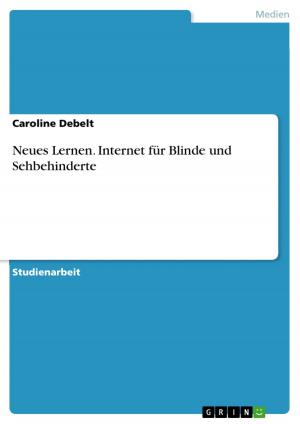The Fall of the Berlin Wall as a direct cause for German reunification
A peaceful revolution triggered by long term causes or immediate events?
Nonfiction, History, Modern| Author: | Hendrik Doobe | ISBN: | 9783640953356 |
| Publisher: | GRIN Verlag | Publication: | July 7, 2011 |
| Imprint: | GRIN Verlag | Language: | English |
| Author: | Hendrik Doobe |
| ISBN: | 9783640953356 |
| Publisher: | GRIN Verlag |
| Publication: | July 7, 2011 |
| Imprint: | GRIN Verlag |
| Language: | English |
Essay from the year 2002 in the subject History Europe - Germany - Modern History, grade: IB-Diploma full score, Waterford Kamhlaba United World College of Southern Africa, course: History, language: English, abstract: This investigation, including the examination of unpublished primary sources, accounts for the Fall of the Berlin Wall as a historical event. The disintegration of the Warsaw Pact along with the interior social, economic and political problems in the GDR are examined as long term causes as well as the influence of the media, the church and the citizens of the GDR themselves as main players in the short term. Additionally, the immediate events in the beginning of November 1989 are scrutinized in connection with the Fall of the Wall. The research question in two parts is whether the events around the 9th of November, 1989, can be labelled 'peaceful revolution' and what the causes for that revolution are. What is the historical significance of the event and what was it derived from? Consistent with the primary and secondary sources used, the essay concludes that the Fall of the Wall was indeed a peaceful revolution. Examining the development towards pluralism and democracy by the USSR and her satellite states as the foundation for that revolution, the essay scrutinizes both the work of the media with its fuelling effect and the actions of the church as a 'replacement public' as causes for the incident. The state with its restrictive forces impaling every aspect of public life producing social, economic as well as political disadvantages for its citizens is the reason for opposition developing. Encountering this opposition, the party looses control over the people and misses a historical chance. Instead of selling the Fall of the Berlin Wall as a sovereign decision for empowerment of the GDR's citizens it has to watch how the means of isolating them from foreign influences is dismantled. Therefore the significance of the 9th of November 1989 lying in the irreversible loss of power and control by the SED was initiated by the party itself.
Essay from the year 2002 in the subject History Europe - Germany - Modern History, grade: IB-Diploma full score, Waterford Kamhlaba United World College of Southern Africa, course: History, language: English, abstract: This investigation, including the examination of unpublished primary sources, accounts for the Fall of the Berlin Wall as a historical event. The disintegration of the Warsaw Pact along with the interior social, economic and political problems in the GDR are examined as long term causes as well as the influence of the media, the church and the citizens of the GDR themselves as main players in the short term. Additionally, the immediate events in the beginning of November 1989 are scrutinized in connection with the Fall of the Wall. The research question in two parts is whether the events around the 9th of November, 1989, can be labelled 'peaceful revolution' and what the causes for that revolution are. What is the historical significance of the event and what was it derived from? Consistent with the primary and secondary sources used, the essay concludes that the Fall of the Wall was indeed a peaceful revolution. Examining the development towards pluralism and democracy by the USSR and her satellite states as the foundation for that revolution, the essay scrutinizes both the work of the media with its fuelling effect and the actions of the church as a 'replacement public' as causes for the incident. The state with its restrictive forces impaling every aspect of public life producing social, economic as well as political disadvantages for its citizens is the reason for opposition developing. Encountering this opposition, the party looses control over the people and misses a historical chance. Instead of selling the Fall of the Berlin Wall as a sovereign decision for empowerment of the GDR's citizens it has to watch how the means of isolating them from foreign influences is dismantled. Therefore the significance of the 9th of November 1989 lying in the irreversible loss of power and control by the SED was initiated by the party itself.

